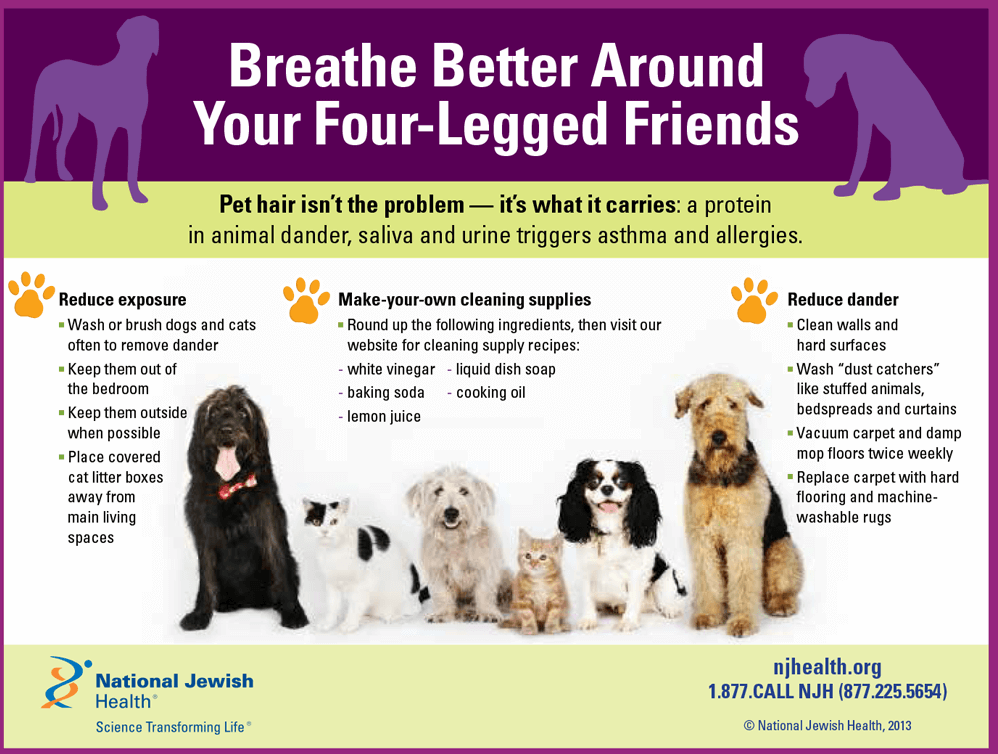Dog Adoption 101 Where How And The Costs Involved
Dog Adoption 101 Where How And The Costs Involved
Blog Article
What Vaccinations Are Required For Canine Childcare?
Whether your pet dogs hang around at day care or boarding centers, they require to be current on all of their called for inoculations. Core vaccines consist of Bordetella, rabies and DA2PP, which defend against usual diseases that pets are exposed to when in close contact with others.
Non-core injections include canine flu and leptospirosis shots. These are suggested for dogs that mingle with various other canines regularly.
Core Vaccinations
As an important part of preventive treatment, pet dog vaccines help maintain dogs safe from infectious diseases sent via straight call or contaminated surface areas. Vaccines stimulate the immune system to produce antibodies that fight illness, and the majority of veterinarians take into consideration core dog injections to be essential for all animals.
Rabies
A lot of credible dog daycare facilities call for that your family pet be up to day on their rabies inoculation. Vaccinations are provided to pups as very early as 12-16 weeks old, and boosters are needed every three years or so until adulthood. Rabies is a deadly viral condition that spreads out via saliva, commonly from attacks. The majority of states require rabies vaccinations for all canines and felines, and some even mandate rabies boosters for pet owners.
Distemper/Parvovirus/Adenovirus (DHPP).
This mix vaccine covers canine distemper, parvovirus, liver disease, and adenovirus, all of which are very dog grooming and boarding near me infectious. Many vet offices provide DHPP vaccines as one shot or in a series of two to four shots, given 2-4 weeks apart, complied with by a yearly booster. This injection is a requirement for the majority of boarding and dog day care facilities, in addition to numerous groomers.
Bordetella/Canine Parainfluenza Vaccine.
Bordetella bronchiseptica, frequently known as kennel cough, is a really contagious respiratory infection brought on by the germs that causes the condition. Signs include relentless coughing, sneezing, nasal discharge, and fever. The majority of kennel coughing outbreaks take place in congested environments, such as day care or boarding centers, and are particularly typical in warmer weather. This injection is a need for many childcare and boarding facilities, and is usually provided in a mix with the DHPP vaccine.
Leptospirosis Injection.
This is a microbial disease that spreads with infected water, soil, and urine. Infection can cause kidney and liver damage, in addition to fatality, and is transmissible to humans. Many veterinarians will suggest this injection, based upon geographic place and way of life of the pet, for pets that spend time outdoors or at boarding facilities, in addition to some groomers. This injection is normally carried out as a collection of 2 to 4 shots, spaced 2-4 weeks apart, with a yearly booster needed for most pets.
Lyme Illness Injection.
The most typical tick-borne illness in the United States, Lyme illness is transferred by the deer tick and can lead to fever, joint pain, muscle soreness, and loss of appetite. The Lyme illness injection safeguards against the most widespread pressures of the infection, including the H3N8 and H3N2 strains. Many veterinary facilities advise this vaccination, especially in risky areas, such as the Northeast, upper Midwest, Mid-Atlantic, and along the Pacific shore.
Noncore Vaccines.
Various other pet dog injections, while not required for all pets, are recommended based upon the pet's way of living and geographical place. These include the following:.